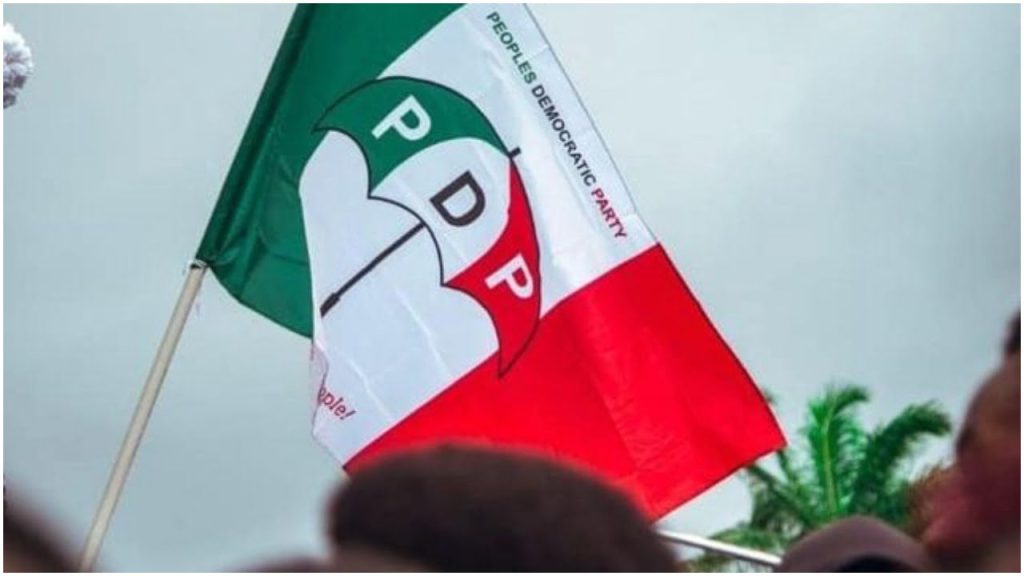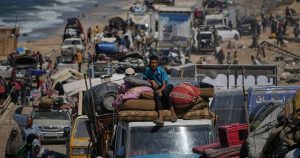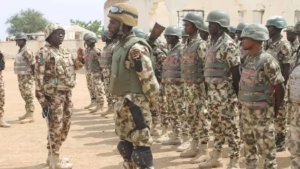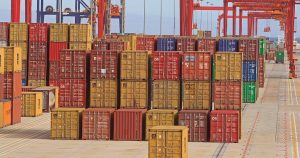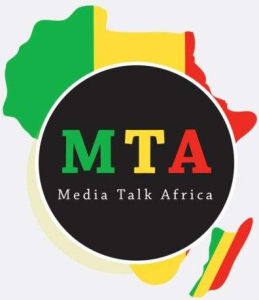The Peoples Democratic Party (PDP), one of Nigeria’s leading opposition groups, has dismissed claims of diminished influence following recent member defections, asserting it remains the country’s strongest political force ahead of the 2027 general elections. In a statement issued Tuesday in Abuja, PDP National Publicity Secretary Debo Ologunagba emphasized the party’s “national spread, political muscle, and organic support base,” framing these as critical assets in its bid to unseat the ruling All Progressives Congress (APC).
The remarks came in response to comments by Bolaji Abdullahi, interim spokesperson for the smaller African Democratic Congress (ADC), who suggested last week that Labour Party presidential candidate Peter Obi—a third-party contender in the 2023 polls—would avoid aligning with the PDP in 2027. Ologunagba labeled Abdullahi’s criticism as “reckless” and “unwarranted,” urging the ADC to prioritize pressing national concerns over targeting rival opposition groups. He accused Abdullahi of attempting to undermine the PDP’s growing momentum while sidestepping direct engagement with the APC-led government.
“Rather than join issues with other opposition parties, our focus remains on holding the APC accountable for governance failures and rallying Nigerians to reclaim their mandate in 2027,” Ologunagba stated. He highlighted the PDP’s historic performance and public nostalgia for its governance record as factors sustaining voter loyalty, despite high-profile defections. Internal unity efforts, including reconciliatory moves and a well-received National Executive Committee meeting in April, were cited as evidence of organizational stability.
The party’s upcoming national convention in Ibadan from November 15–16 was positioned as a pivotal step in consolidating strategy. Ologunagba stressed that while open to alliances with “like-minded groups” seeking to displace the APC, the PDP would not be distracted by external criticism. “Nigerians, not political maneuvers, are the cornerstone of our strength,” he affirmed, reiterating confidence in grassroots support across the country’s diverse regions.
The exchange underscores escalating tensions within Nigeria’s opposition bloc as parties jostle for position ahead of 2027. Analysts note the PDP’s rhetorical focus on its national infrastructure and past governance contrasts with newer parties like Labour and ADC, which rely heavily on regional or populist appeals. With President Bola Tinubu’s APC facing economic headwinds and security challenges, the PDP’s ability to present a united front could prove decisive in shaping voter sentiment over the next three years.
